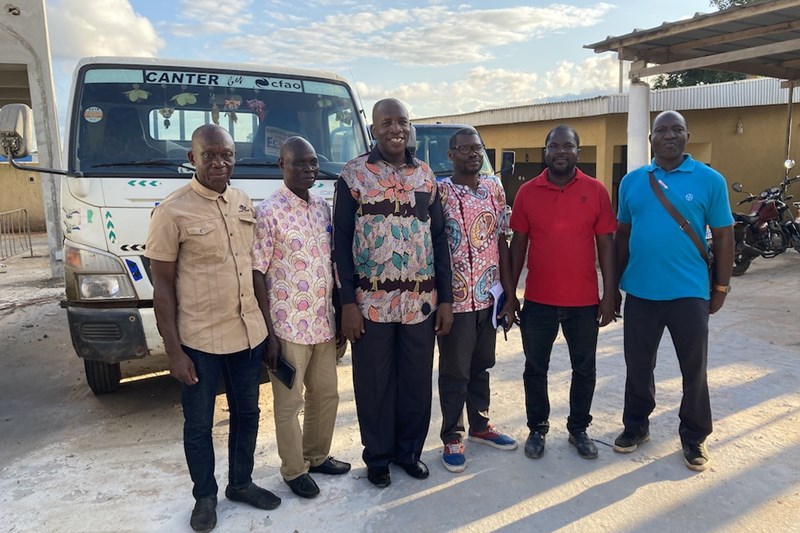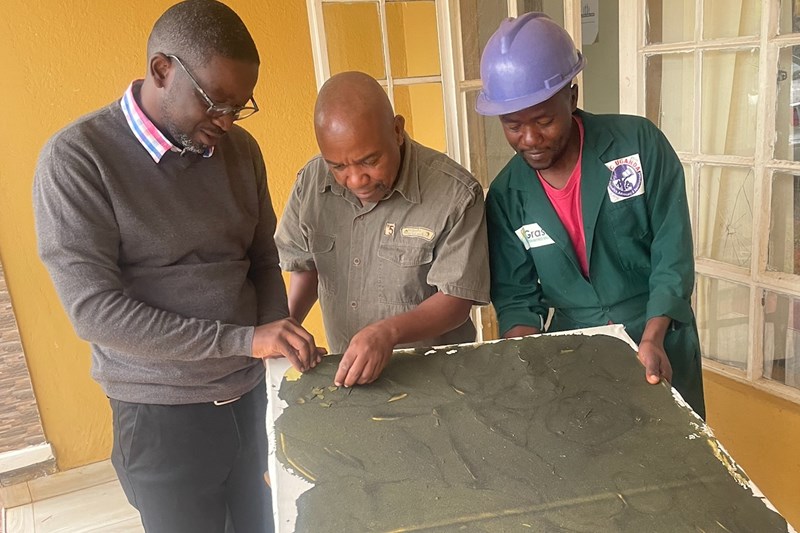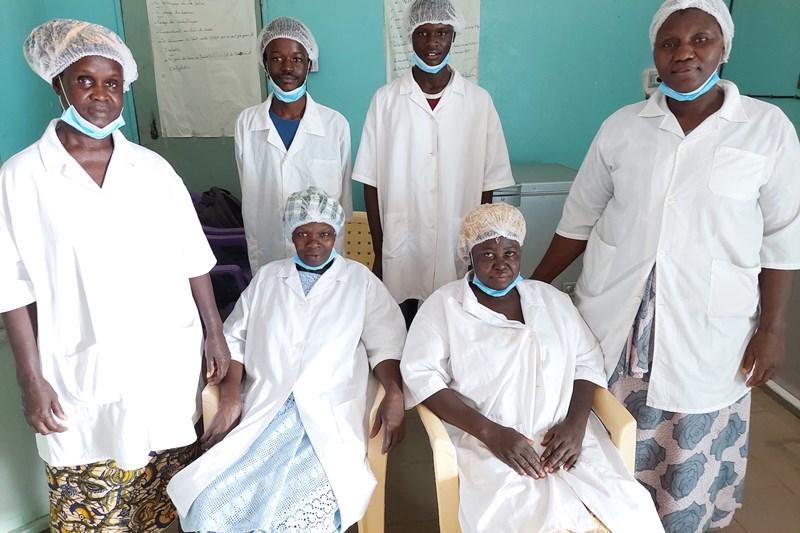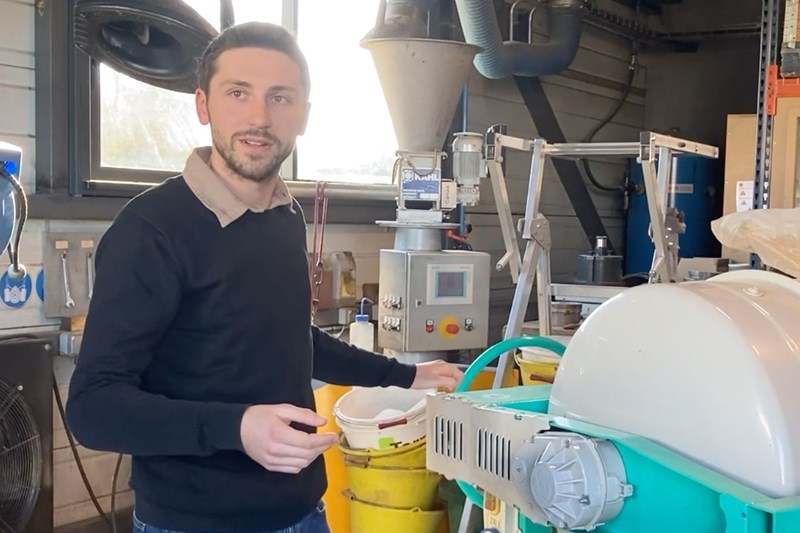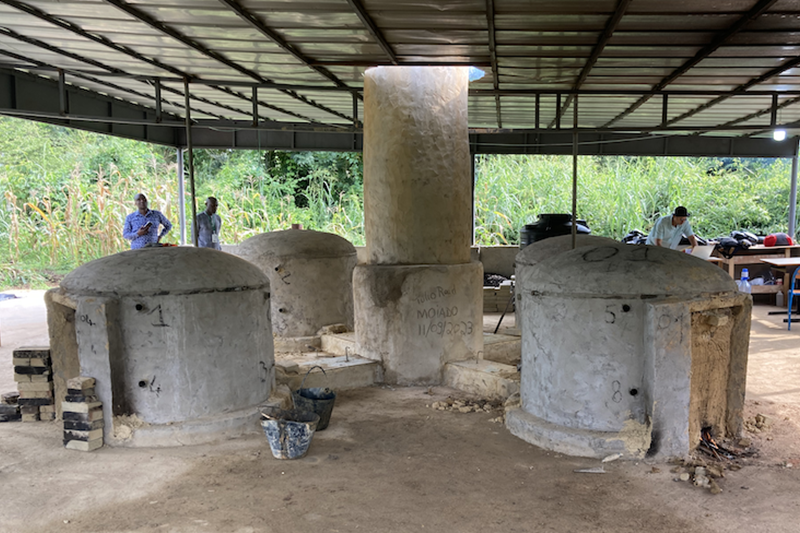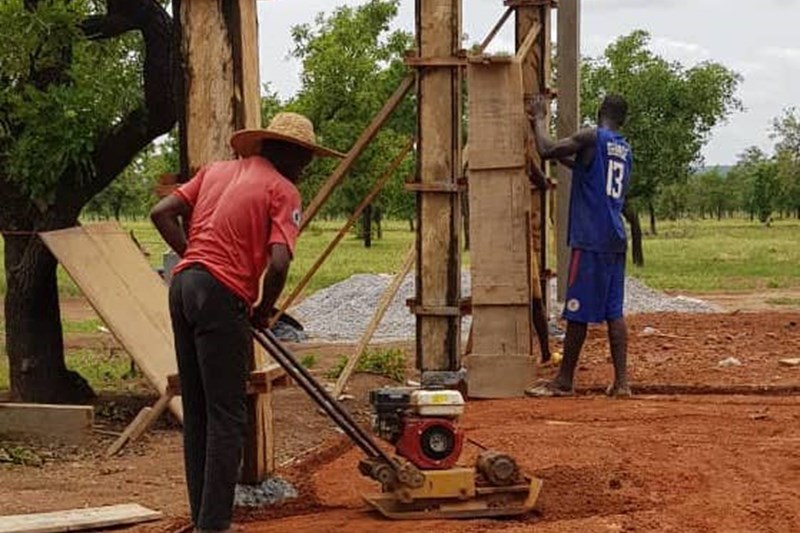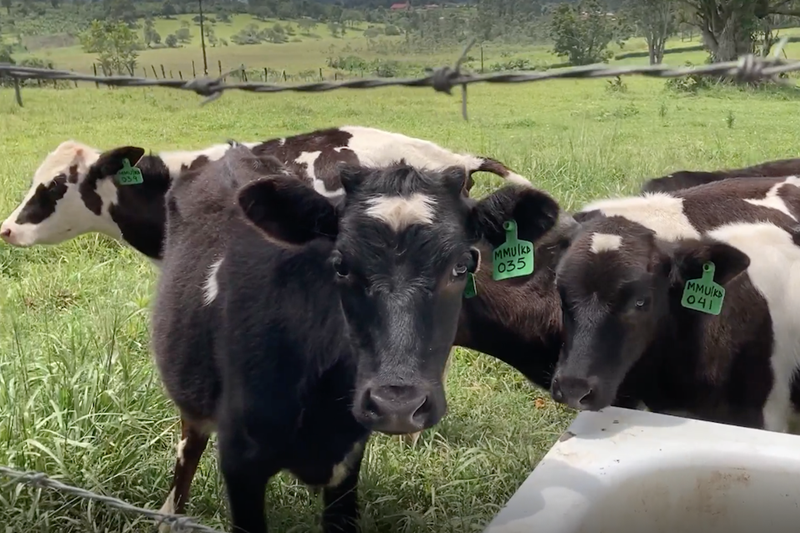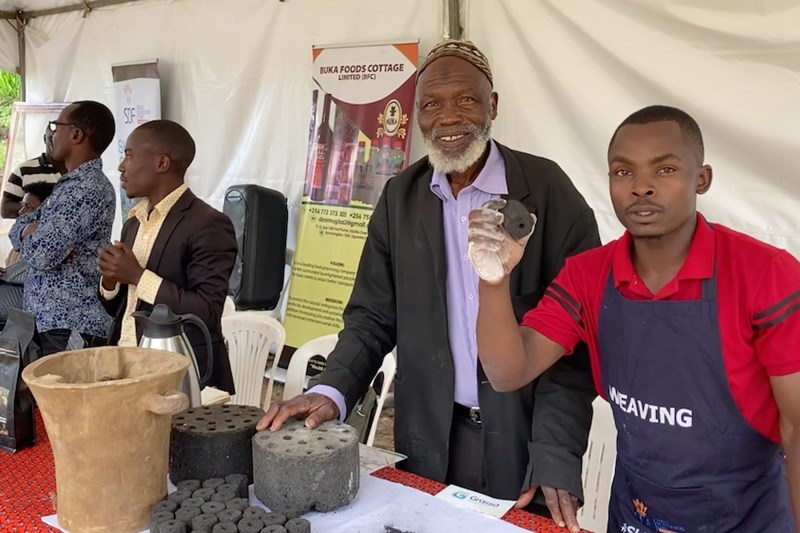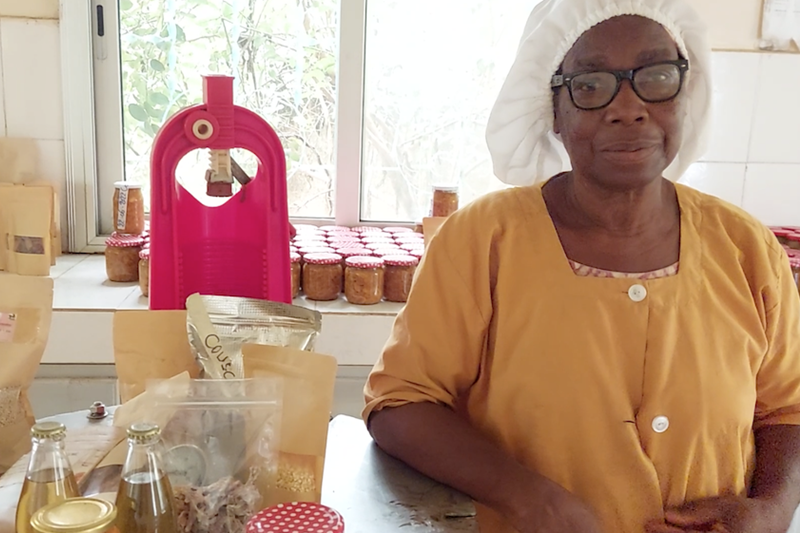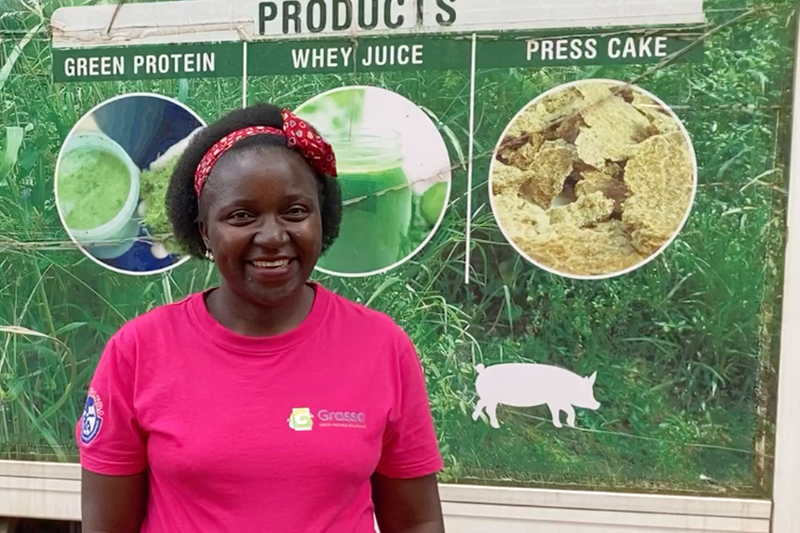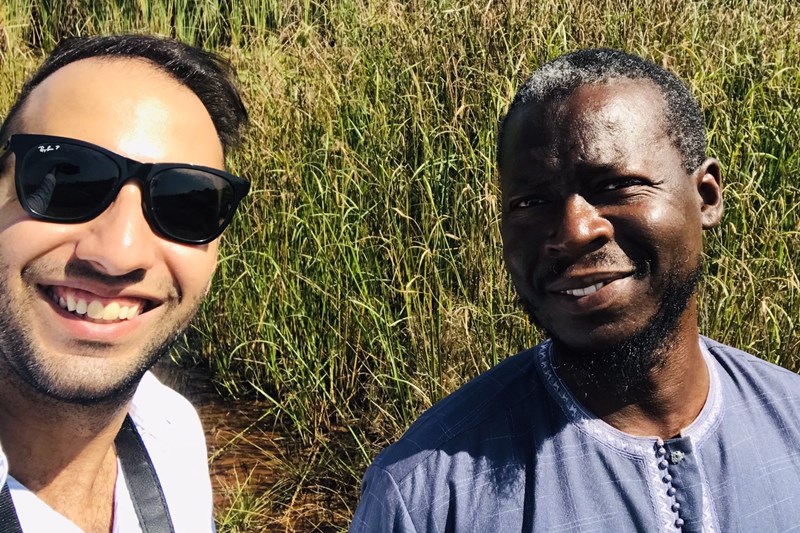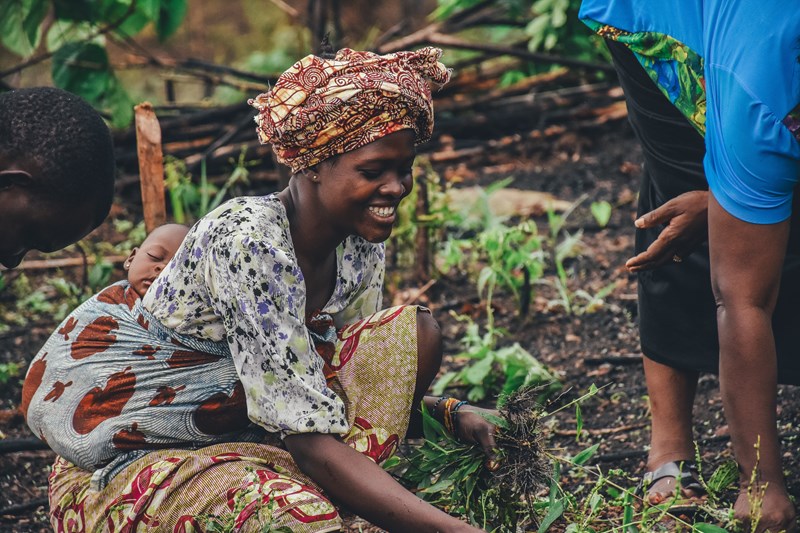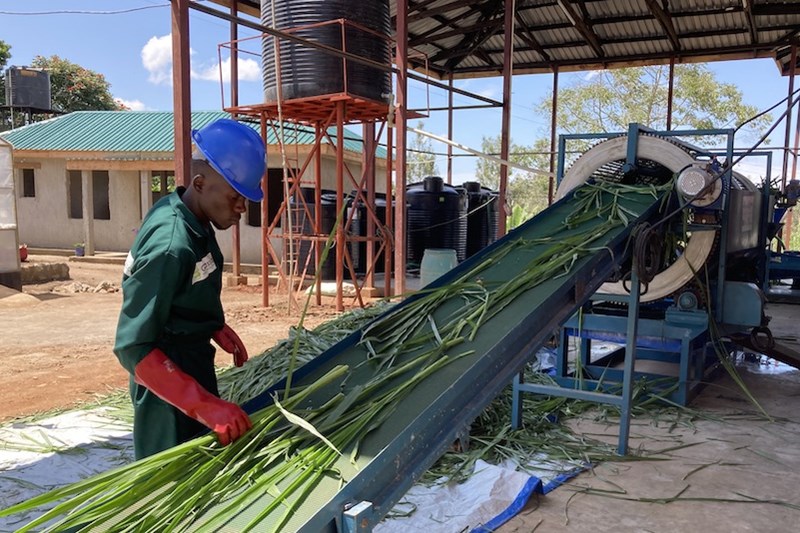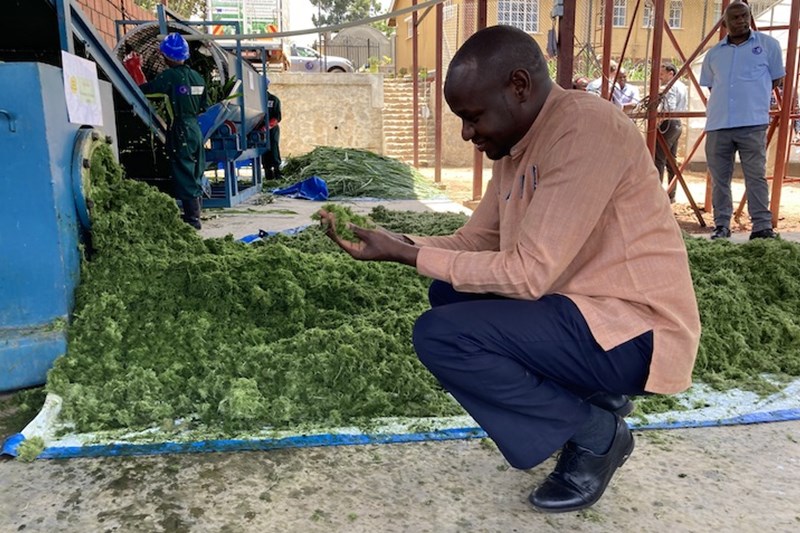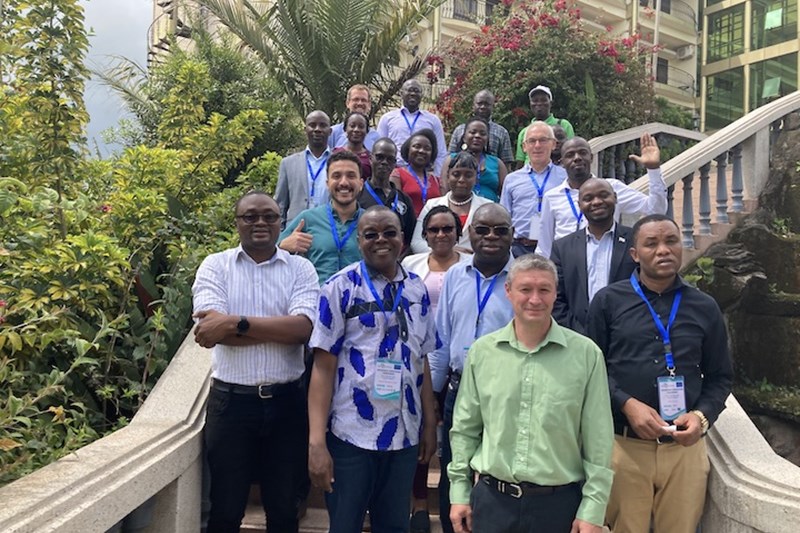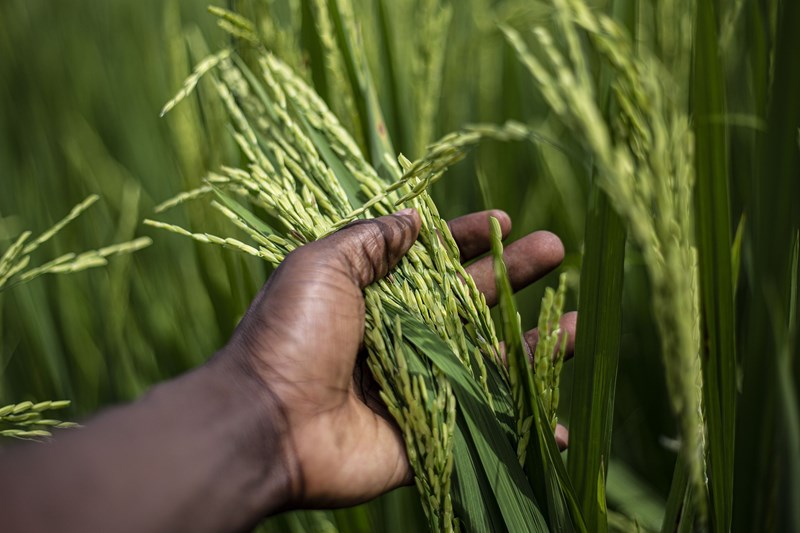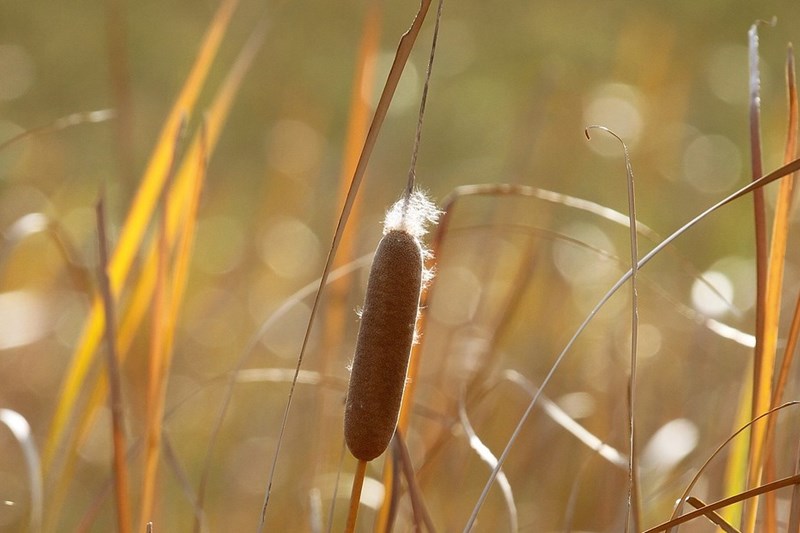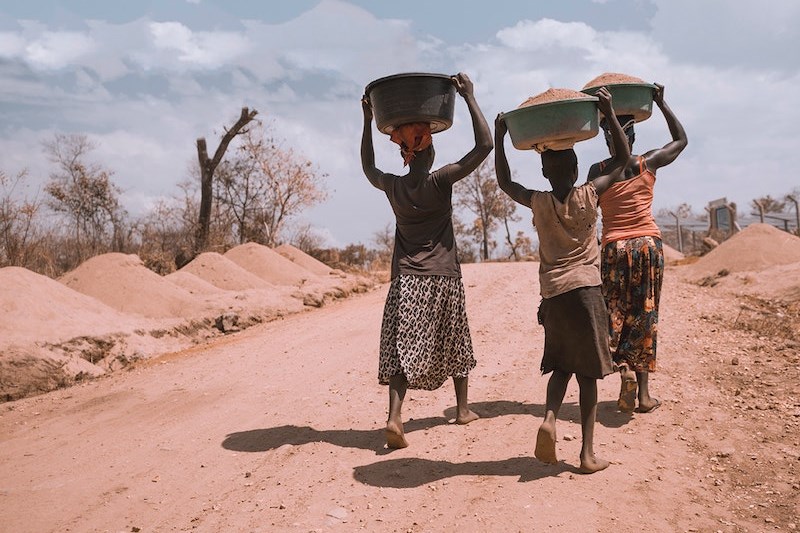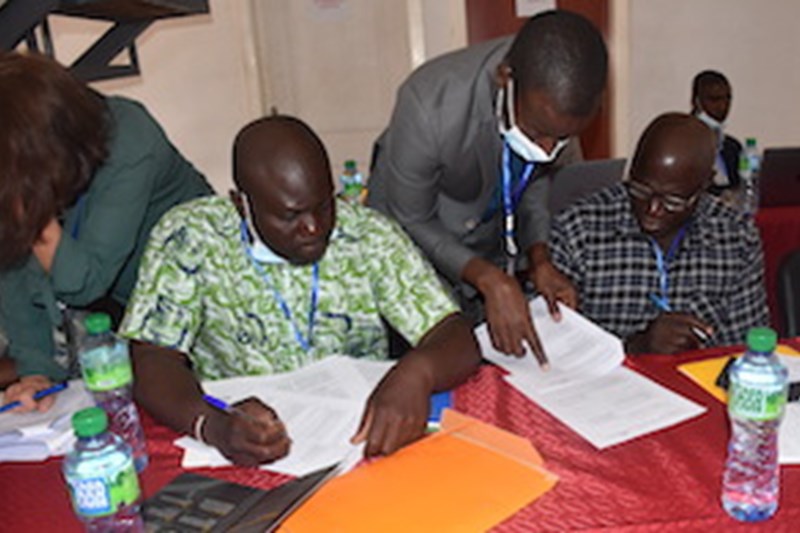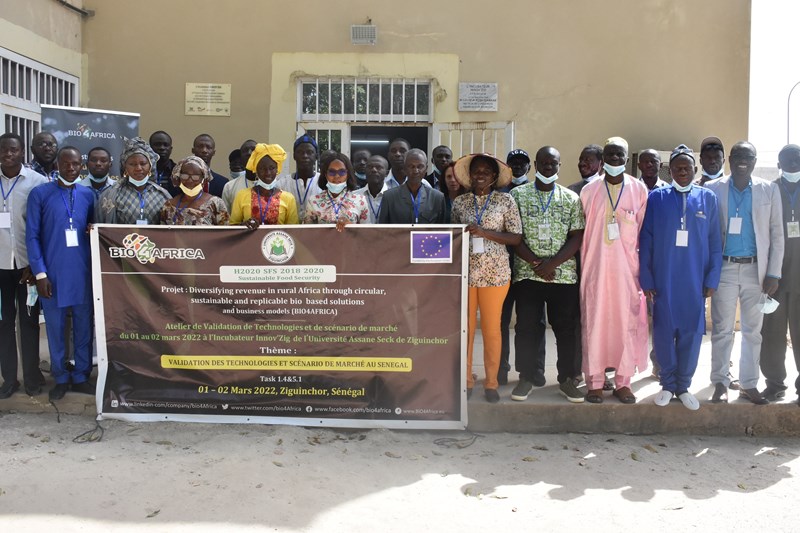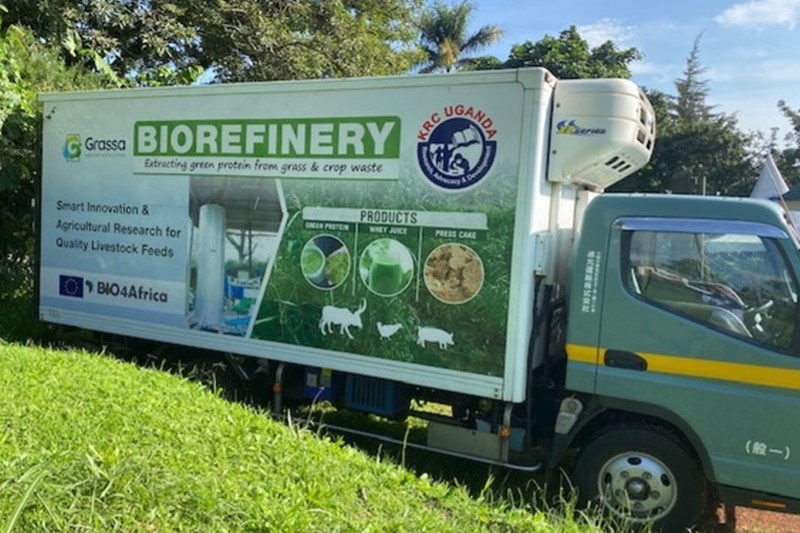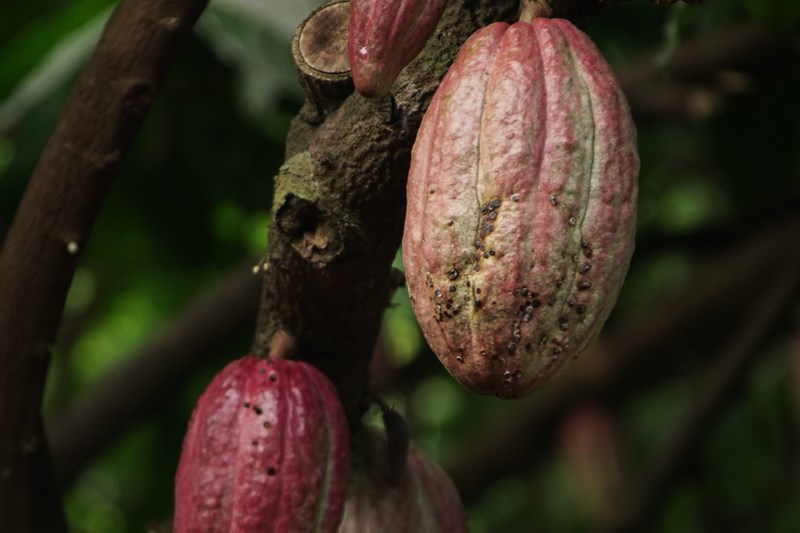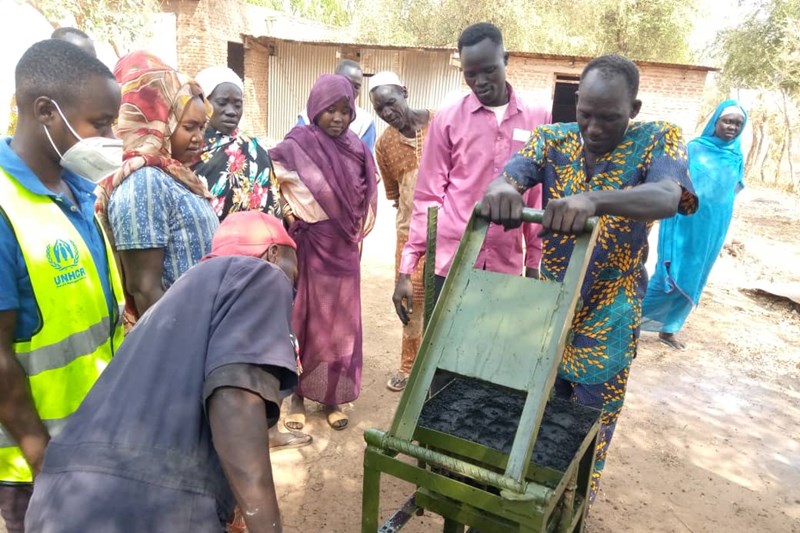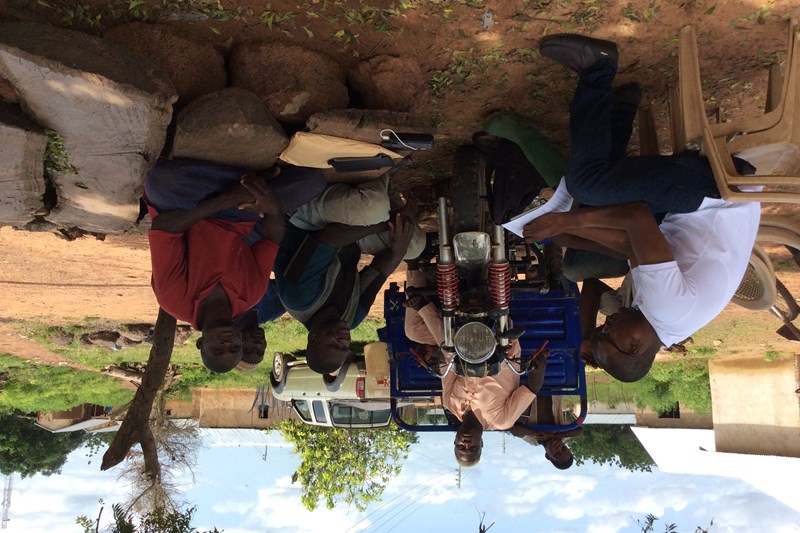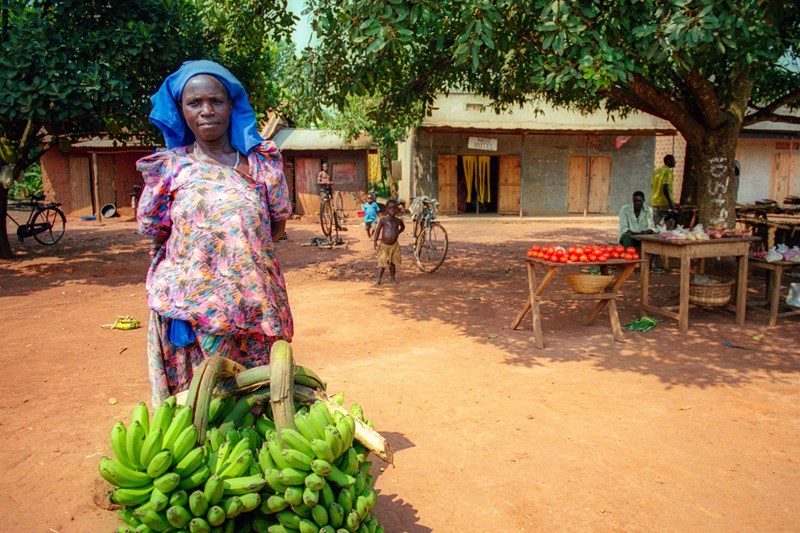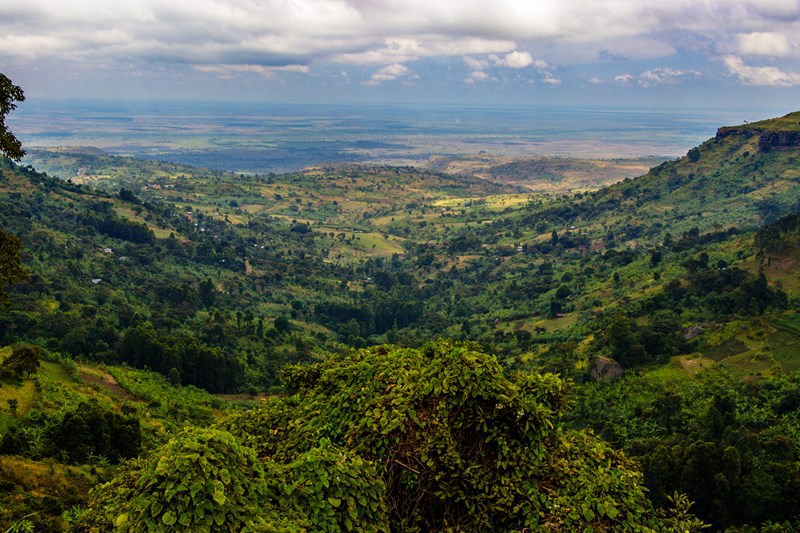Climate change is the biggest challenge for the KAPATCHIVA cocoa farmers in Côte d’Ivoire. Cocoa pod biochar from BIO4Africa could be part of the solution
Ongoing adjustments to the BIO4Africa biorefinery in Uganda aim to secure the best output under local conditions
Equal rights for women are a priority to unlock productivity and build tomorrow’s sustainable and competitive businesses in rural Africa
Four out of five agricultural waste products show potential as a new source of rural revenue
The new pyrolysis plant in Côte d’Ivoire will produce clean and efficient household fuel
The foundations are laid and feedstock identified for Africa’s second green biorefinery in Ghana, building on experiences from Uganda.
Four of 22 BIO4Africa product trials kicked off in the initial reporting period. A busy time lies ahead for the testing sites.
Will the BIO4Africa technologies create long-term value? DRAXIS is conducting the life cycle assessments that will help to find out.
Twenty farms, cooperatives and processing companies have been selected for the BIO4Africa business development programme, which begins this month.
Empowerment of women farmers is an urgent task in Sub-Saharan Africa, where women represent 50% of the agricultural work force.
Quality and safety assurance is the final task before the new HTC reactor can go into operation, say BIO4Africa partners from IHE Delft and UASZ
Can a four-year project make a sustainable impact? BIO4Africa’s twin project DIVAGRI has developed a sustainability monitoring framework.
One of the flagship technologies of the BIO4Africa project, the green biorefinery is the first of its kind on African soil.
Field testing of bio-based technologies is underway at the BIO4Africa test sites. Now attention has turned to building sustainable business models.
BIO4Africa partners from Africa and Europe had their first opportunity to meet face-to-face at the third project meeting hosted by KRC in Uganda.
Pyrolysis for biochar production is a key technology in the BIO4Africa project. Here, BIO4Africa partner Celignis takes a look at the properties of biochar…
The BIO4Africa site in Senegal prepares to test HTC for hydrochar production. An invasive wetland weed – typha – is the feedstock.
BIO4Africa has completed a fruitful first year. Bio-based technologies are now ready for testing in circular agri-food systems
Farmers need capital to invest in bio-based solutions. Here are the programmes that could provide it.
Four workshops have completed BIO4Africa’s exploratory phase, setting the scene for technology rollout
Can banana leaf protein increase cows’ milk production? And will piglets thrive on the whey side-stream of protein extraction? Grassa’s green biorefinery i…
BIO4Africa maps farm residues that could become new high-value products for smallholder farmers
BIO4Africa presents an impressive line-up of bio-based technologies in its online catalogue
The BIO4Africa survey of smallholder farmers has mapped needs, challenges and opportunities
Project partners have identified local needs and the bio-based technologies that can turn farm residues into new high-value products.
We are creating a catalogue of technologies with potential for being successfully adapted and transferred to different contexts across rural Africa.
